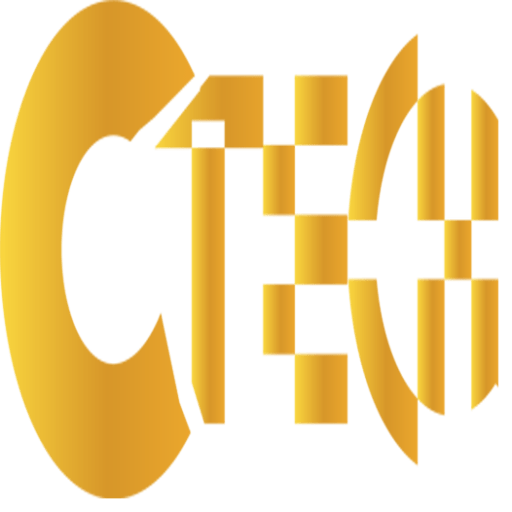Canadian Education System – Understand How it Works

The Canadian Education System has long been a beacon of high-quality education that’s both affordable and accessible to students from all over the world. The Canadian government has demonstrated a strong commitment to investing in higher education, allocating significant financial resources to support the country’s post-secondary institutions. In fact, Canada consistently ranks among the top three countries worldwide in terms of per capita spending on higher education. These investments have led to the development of world-class educational institutions, renowned for their rigorous academic programs, state-of-the-art research facilities, and diverse student body. With such a strong emphasis on education, it’s no surprise that Canada has become a sought-after destination for students seeking to advance their academic and career goals. In this article, we’ll delve deeper into the Canadian Education System to help you gain a better understanding of its inner workings and why it’s considered to be one of the best education systems in the world.
Study levels in Canada
Due to the fact that Canada’s education system is overseen by individual provincial governments, there can be some variation in the names and groupings of study levels and educational stages across the country. To provide a general overview, here is a brief summary:
| Qualification | Duration | Description |
| Certificates and Diploma | 1 to 2 years | Vocational and job oriented programs, mainly technical |
| Associate degree | 2 years | Equivalent to first two years of a 4-year bachelor’s degree |
| Bachelor’s degree | 3 to 4 years | And undergraduate degree which requires successful completion of secondary school. The duration of your course depends on the province and type of program although most courses last for 4 years. Certain provinces like Quebec have bachelor’s degree of 3 years. |
| Bachelor’s Honors degree | 4 years | This will require getting a specific GPA or credits, a majors or a specialist program |
| Postgraduate diploma | 1 to 2 years | A post bachelor degree qualification |
| Master’s degree (by thesis | 1 to 2 years | Often referred to as research masters, this requires mandatory submission of thesis for assessment and course completion |
| Master’s degree (by non-thesis) | 1 to 2 years | This is a taught master’s degree, not requiring thesis submission |
| Doctorate or PhD | 4 to 7 years | Ph.D. is awarded when students complete dissertation and successfully defend their work before a panel of faculty members |
| Post-Doctoral Programs | No time limit | Specialised research-oriented programs |
Academic Year
In Canada, the typical academic year for most colleges and universities spans from early September through to the end of April or early May. During this period, the winter session is typically divided into two terms, which run from September to December, and then from January to April. Additionally, there are a variety of different summer study options available from May to August. While the majority of schools follow this academic schedule, there are a select few that offer year-round schooling.
The length of undergraduate degrees in Canada can vary depending on the institution, with some programs requiring three years of study, and others, four. Postgraduate degrees, on the other hand, typically take between one and two years to complete, depending on the type of degree being pursued. In the case of Master’s programs, the duration is typically between one and two years. However, PhD programs in Canada are generally longer than in other countries, taking between four and seven years to complete.
Canadian Education System: Teaching and Leaning Style
Canadian universities strive to enhance students’ learning, career, and overall life by offering both exceptional research and teaching opportunities. University classes consist of lectures and tutorials, with lectures taught by professors and attended by a varying number of students ranging from 30 to 200. Usually, lectures are supplemented with a lab or tutorial, which allows for more detailed discussions of topics within a course. Tutorials typically accommodate around 20 to 30 students.
Fees and Scholarships
Education costs
Undoubtedly, studying abroad can be costly for students. However, when compared to the UK, Australia, New Zealand, and the US, Canada offers the most affordable tuition rates for international students. The cost of tuition usually ranges from CA$7000 to CA$29,000 per year, but this varies depending on the institution, program, location, and lifestyle.
In general, humanities, education, and arts courses are less expensive than programs like medicine and engineering. Postgraduate programs are usually more costly, and the fees differ based on the program. As in most other countries, MBA programs tend to be the most expensive, with an average cost of about CA$42,000.
Scholarships
A variety of Canadian universities and schools provide scholarships and grants for exceptional international students. The quantity of funding and type of award differs among institutions. Securing a scholarship is a competitive process, and typically requires a direct application to the institution providing it.
Popular scholarships
Canadian Commonwealth Scholarship and Fellowship Plan
The purpose of this program is to provide opportunities for students to undertake advanced study and research at the master’s and PhD levels in Commonwealth countries other than their own. The program covers the costs of travel, living expenses, and all mandatory tuition fees.
- Shastri Indo – Canadian Institute
- National Research Council of Canada (NRCC)
- Ontario Graduate Scholarship Program
- NSERC
- Quebec Provincial Government Scholarship
- Ontario Trillium Scholarship – Each scholarship is worth $40,000 annually, renewable for a maximum of four years.










